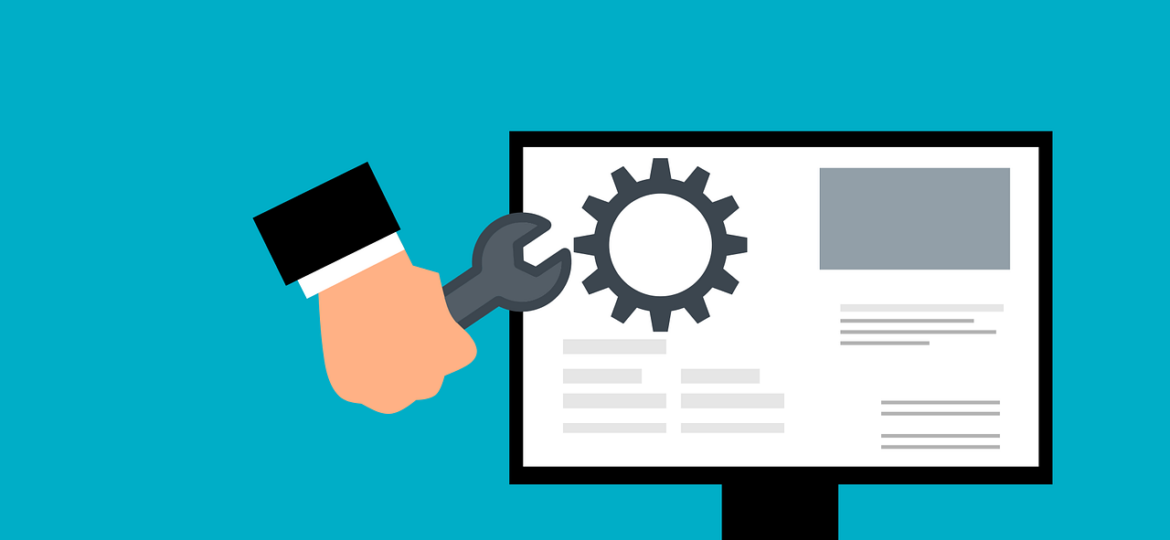When talking with clients about websites, we often refer to them as living and breathing things. A website is not something you launch and then simply walk away from until you need to revise or replace it two or three years later.
Websites require ongoing maintenance, image and content updates, and regularly-scheduled blogs. Doing this ensures that your website remains secure, up-to-date and optimized for the best performance. These checkups also extend the life of your website. Think of it like your car or truck. If you never rotate the tires or change the oil, you’re going to have problems.
After we develop and launch a website for a client, we are sometimes tasked with website management and maintenance. We make sure the website is running effectively, and tackle any updates the client may need. A manage and maintenance list looks something like this:
- Checking weekly for updates:
- WordPress (or other CMS)
- Website themes
- Plugins, widgets, tools
- Backing up the website (at least) weekly
- Managing the relationship with website hosting and domain providers
- Ensuring SEO optimization
- Testing contact forms regularly to ensure they are working properly and the messages aren’t getting caught in the spam/clutter folders of recipients
- Keeping tabs on Google Search Console
- Developing and posting blogs (dependent on the client)
- Updating content
- Reviewing Google Analytics quarterly (at least)
- Meeting annually with client to conduct a deep dive on website needs and Google Analytics
- Executing a local backup of the website annually on an external hard drive
- Standing by on call in case of an emergency and responding to other requests, as needed
As you can see, there is a lot of background activity involved with managing and maintaining a website. The external world and even most clients are rarely aware of these responsibilities, but they are essential nonetheless. Make sure you are “changing the oil” and “rotating the tires” routinely on your website. And if you have questions, feel free to contact us. We can look under the hood for you.


